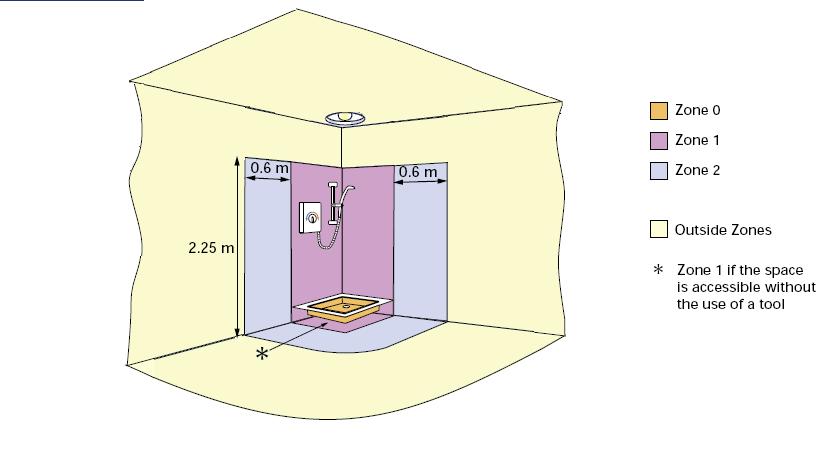We're about to replace a bath with a shower tray, 1700 x 800 (so a touch wider than a normal bath).
We're looking to get the shower tray raised slightly so we can install LED lights in the shower riser kit. We're looking at lights like these....
http://www.ebay.co.uk/itm/SET-OF-10...262?pt=UK_Garden_Lighting&hash=item4adf018b46
http://www.ebay.co.uk/itm/10-Saxby-...ighting_Lamps_Lighting_SM&hash=item4d255f4892
Can you tell me what zone the outside of the shower tray will be?
We're looking to get the shower tray raised slightly so we can install LED lights in the shower riser kit. We're looking at lights like these....
http://www.ebay.co.uk/itm/SET-OF-10...262?pt=UK_Garden_Lighting&hash=item4adf018b46
http://www.ebay.co.uk/itm/10-Saxby-...ighting_Lamps_Lighting_SM&hash=item4d255f4892
Can you tell me what zone the outside of the shower tray will be?
Links in this post may contain affiliate links for which DIYnot may be compensated.


